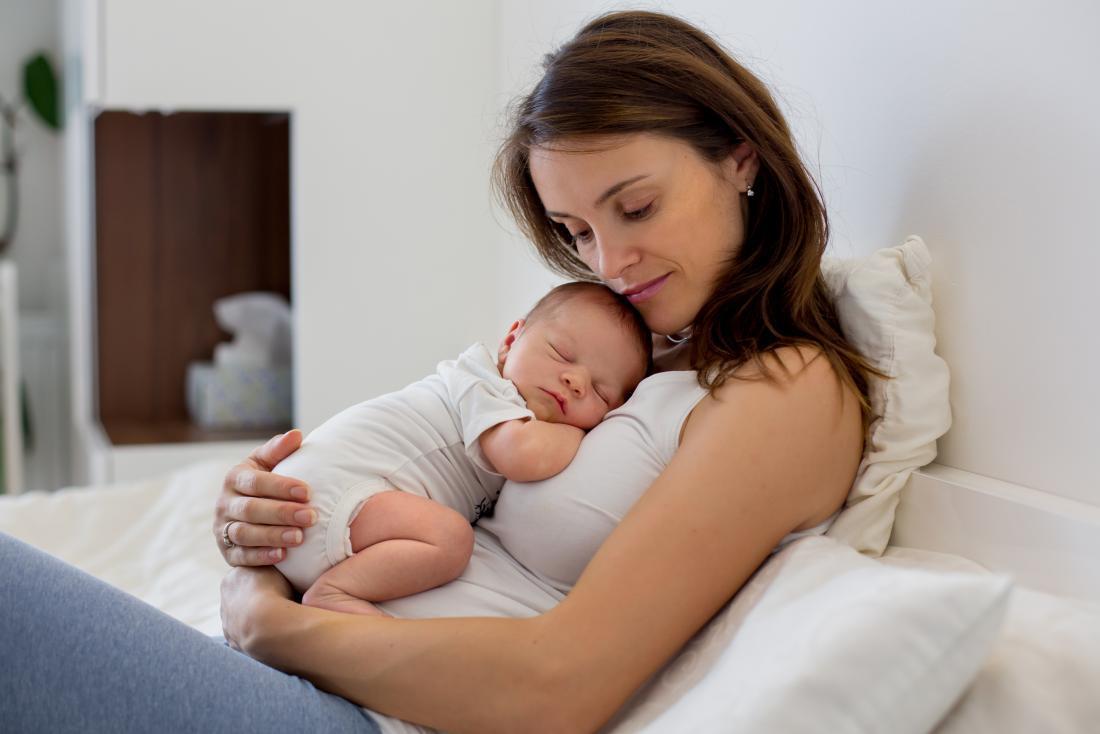SHARES

Amy just gave birth to a beautiful baby. Although she admires her new bundle of joy, she cannot help but to feel teary and worried about her baby for the past two weeks. She also feels worthless and empty as an inexperienced mother, despite having an exciting journey ahead for her family. As she hit an all-time low in her emotional wellbeing, she wonders if she will ever be happy again. What can she do to help herself get back to her feet?
Most new mothers are not strangers to experiencing the “baby blues”, especially the first three to five days after giving birth. Many reasons could lead to the “baby blues”, such as feeling tired, overwhelmed or being stressed. Some may even struggle with the grief of losing who they once were before becoming a parent.
However, if these negative emotions linger for more than two weeks, you could be suffering from postpartum depression. In fact, one in nine mothers experience postpartum depression.
Scientists have yet to find the cause of postpartum depression. At any rate, it was suggested that it could involve the sharp drop of oestrogen and progesterone hormones after delivery. During pregnancy, the levels of these hormones increase tenfold but after birth, they return to pre-pregnancy levels. The theory is that the body’s chemical changes may have led to depression.
Hence, it is common to feel depressed right after childbirth. Yet, some may only experience postpartum depression much later (up to a year after childbirth). Time is needed to recover from postpartum depression which varies from weeks to months.
Symptoms of Postpartum Depression
Postpartum depression is a serious mental illness, with symptoms as follow:
- Lack of interest or pleasures in life
- Loss of appetite
- Unexplained weight loss of gain
- Lethargic and unmotivated
- Sleeping problems, including insomnia or somnolence
- Increased crying spells
- Engulfed with worthless, hopeless or overly guilty feeling
- Feeling restless, irritable or anxious
- Having thoughts about hurting yourself
- Worrying about hurting your baby
- Difficulty in feeling connected to your baby, or feeling as if your baby is someone else’s
- Withdrawing from friends and family
If any of these symptoms last more than two weeks, reach out for help from a doctor is necessary. Antidepressants may be prescribed to help you manage your condition. Let your doctor know that you are breastfeeding to help him or her choose medications that are most suitable for you.
Tips to Manage Postpartum Depression at Home
If you have recently given birth and are feeling tired and down, remember that you are not alone. Here are some tips that may be help you press through this season:
- Share with your partner, family or friend about your feelings.
- Enlist help for childcare, household chores and errands to make time for rest.
- Set aside “me” time, even if it’s just 15 minutes a day, to do things that you enjoy.
- Journal to release your negative emotions, reread your diary when you are better to see how far you have come.
- Be kind to yourself when things do not go as planned.
- Set realistic expectations about motherhood and get help when necessary.
- Find a support group for people who experienced postpartum depression.
- Talk to other mothers to learn about their experiences.
- Avoid making major life changes right after giving birth. If change is inevitable, arrange for support and help in your new situation ahead of time.
Conclusion
Postpartum depression comes with the feeling of sadness, emptiness and worthlessness that lasts more than two weeks. No mother should suffer silently from postpartum depression. If you or your loved ones suffer from postpartum depression, consult a doctor today.
Find a Psychiatrist in Malaysia, on GetDoc
Find a Psychiatrist in Singapore, on GetDoc
by Joanne Lee
Multipotentialite. Loves creating and seeing ideas come alive. View all articles by Joanne Lee.





